The ABC has made emotion the central driver of debate in Australia, including on the Indigenous voice to parliament

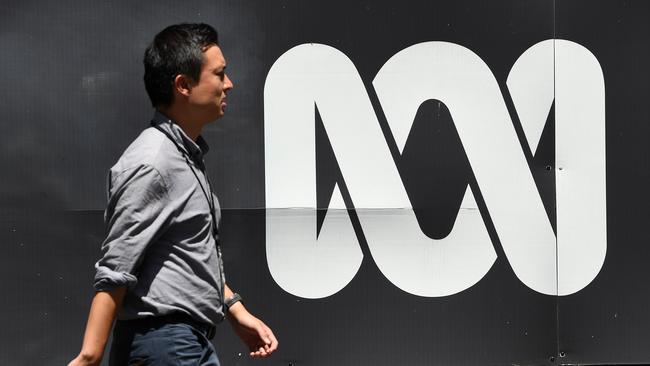
Making emotion dominant in politics and discourse is always a bad move. It leads to dreadful, needless destruction and bitter polarisations. At the moment, the left dominates politics and culture throughout the West. It spends its energies not on the old-fashioned issues of working-class living standards, increased social opportunity or even enhanced racial equality. Rather, they live and breathe in the toxic swamplands of identity politics, centred on gender, sexuality and a critical race theory view of race.
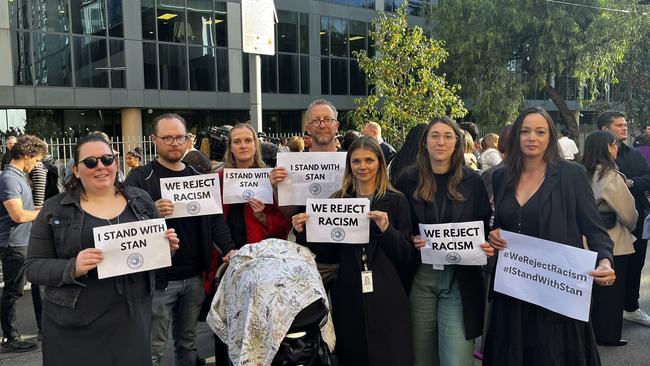
Peter Dutton’s parliamentary speech opposing a constitutionally enshrined voice was the best of his leadership. Calm and sensible, it made the key point in principle: the voice will “re-racialise” society. Anyone with a speck of wisdom would recognise the gravity of that charge and pause to think long and hard over whether any of the alleged benefits of the constitutional change was worth this cost.
But because the issue is prosecuted so emotionally, as a test of your emotional decency, Dutton’s speech is neither evaluated on its merits nor properly answered. Instead he is condemned because merely to make that argument is to outrage the emotions of the voice advocates.
Don’t get me wrong. Emotions are a wonderful part of the human condition and rightly play a role in politics. But emotion must serve reason and morality, must be tempered by prudence. Emotion on its own is a terrible guide. This was evident in the ABC’s response to the controversies surrounding Grant.
I like and admire Grant, and I’ve always admired his work. Further, he’s patently a good person. Every encounter I’ve had with him has been friendly, substantive, valuable. Once on a panel he mentioned that we were “brothers under the skin”. It was jocular, but it was also open handed, generous, kindly.
Grant is not only one of the ABC’s best presenters. He has become an activist around Aboriginal issues and certain interpretations of Australian history. His views are considered and well worth hearing, which is not to say I agree with them all.
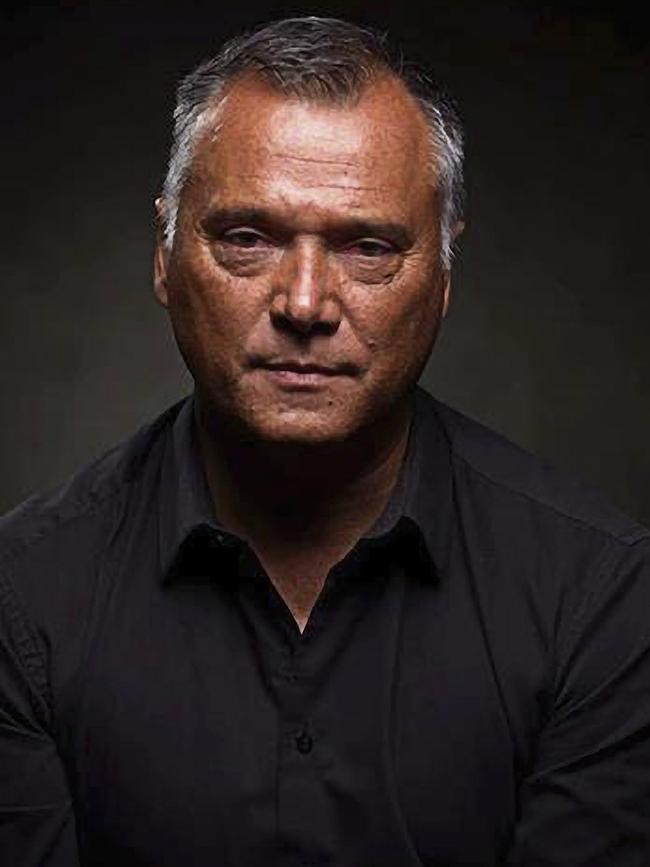
As everyone knows, on the day of the coronation the ABC held a panel discussion that Grant dominated, and that was the standard four to one stack against the token conservative. I didn’t see it and can’t feel much about it one way or the other. But then the royals don’t interest me much. However, a lot of ABC viewers didn’t like the coverage.
Certainly as a discussion it should have been properly balanced. And though I admire Grant without hesitation, even he, like everyone else who performs in public, can be legitimately scrutinised or criticised.
At the same time Grant was subject to reasonable criticism he was also subject to foul racist abuse on Twitter and elsewhere on the social media sewers. Even so wholly unpolarising and little known a figure as me is often abused there, but as I never go near social media it seldom bothers me. Nonetheless, extreme internet abuse is disgraceful, utterly unjustifiable. People of well-known ethnic extraction, women, folks of particular religious persuasion, will routinely have this rolled into the abuse.
Here’s where the ABC was so dishonest and frankly hypocritical in response to the Grant matter. It intentionally connected legitimate scrutiny to racist abuse. A long career in journalism has taught me that corporate leaderships that make a big mess frequently blame it on the media.
The ABC has clearly made a series of mistakes. It’s running the voice debate as an inflamed emotional crusade. Visiting British journalist Andrew Neil, on a recent episode of Q+A, questioned why there was no opponent of the voice on the panel.
The ABC put Grant in an invidious position by constructing such an unbalanced panel and running it during the coronation. And it has completely confused the separate roles of major program hosts, who should be broadly impartial on big issues, with reporters, subject experts and opinion broadcasters like, say, Phillip Adams.
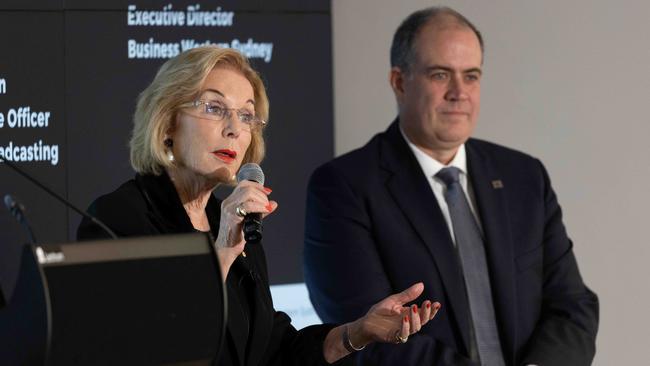
When this all blew up in its face, ABC management resorted to the pathetic ruse of claiming it was all a News Corp conspiracy in which reasoned journalistic scrutiny directly caused foul racist abuse. As soon as it’s in trouble, the ABC cries out: why are people so unkind?
About a thousand years ago I was an undergraduate law student. We learnt one of the key principles of equity law, namely: he who seeks equity must give equity. How does the ABC measure up on this score? Let me offer you a couple of examples, which I should preface by saying I myself am not remotely persecuted. I have loads of friends at the ABC. I enjoy ABC appearances I make and most of the time I’m treated OK. In any event I can look after myself.
Nonetheless, consider these examples. A couple of years ago I criticised the Australian National University for rejecting a grant from the Ramsay Centre for Western Civilisation. In response, the ABC ran a piece on its religion and ethics website that was the editor’s choice as the best piece of the day. It claimed I was guilty of conservative hysteria and that I followed the views of Norwegian mass murderer Anders Breivik, who killed nearly 80 people in a monstrous rampage.
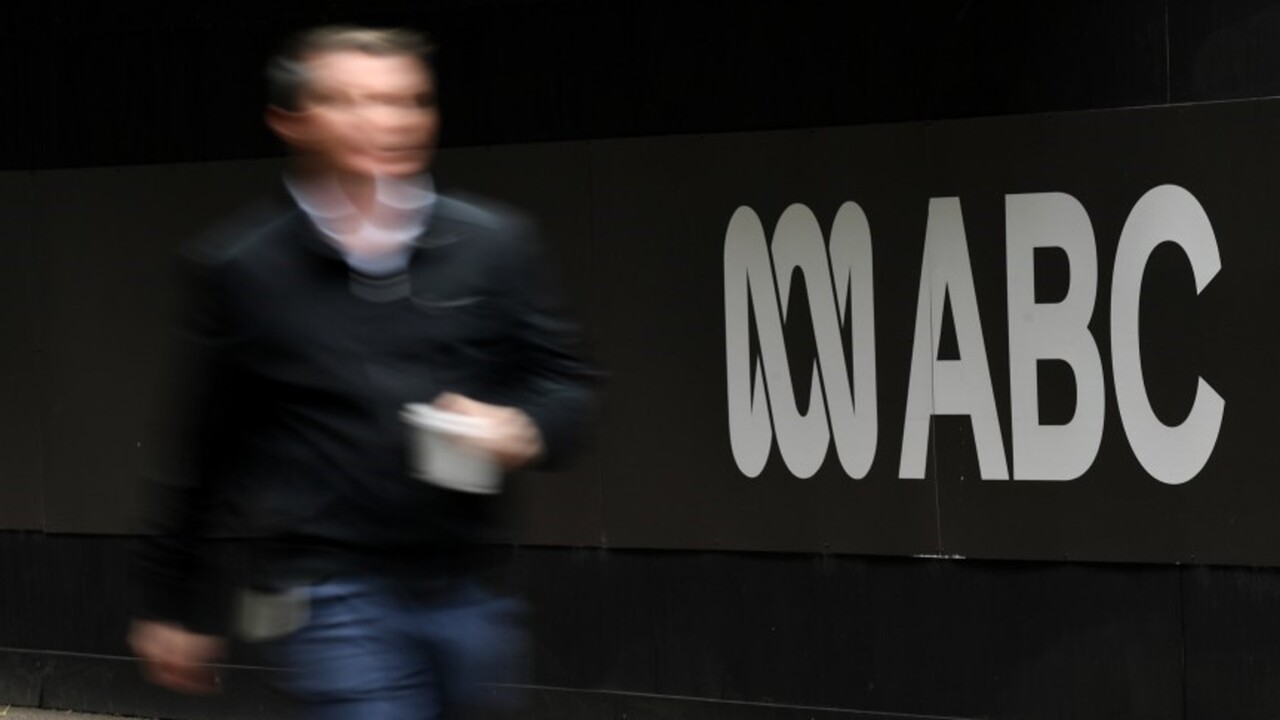
After people made a fuss, the ABC finally cut out the Breivik reference but kept me as guilty of hysteria and claimed, wholly falsely, that I shared the views of Donald Trump’s associate Steve Bannon, arising from his opposition to non-white immigration.
In 44 years of journalism I’ve relentlessly campaigned in favour of a big, racially non-discriminatory immigration program. So the facts were all wrong, the malice extreme and the rhetoric insane. And the ABC lectures the rest of us on being kinder and gentler?
Once I was on the Drum and the host taxed me over some economics story in The Australian she claimed illustrated News Corp wickedness. I responded by pointing out the vast journalistic superiority of our then economics correspondent, the brilliant Adam Creighton, over the ABC’s then economics correspondent, Emma Alberici. I was forbidden from pursuing this line of argument and the host then asked every other panellist to please criticise The Australian. And the ABC lectures us about vendettas?
Or consider it ran no campaign against the foul sexualised abuse that drove Nicolle Flint from politics. But then Flint is a conservative. And what about its relentless, personal, savage and ultimately forensically wrong persecution of the innocent Cardinal George Pell over years of TV programming? No one could credibly claim that was balanced or fair.
None of us is perfect. But the ABC is at least as guilty of the crimes it charges others with as any media organisation. And in making so much of its output so emotional, while ruling out mainstream lines of debate that contradict those emotions, it does the nation a grave disservice.


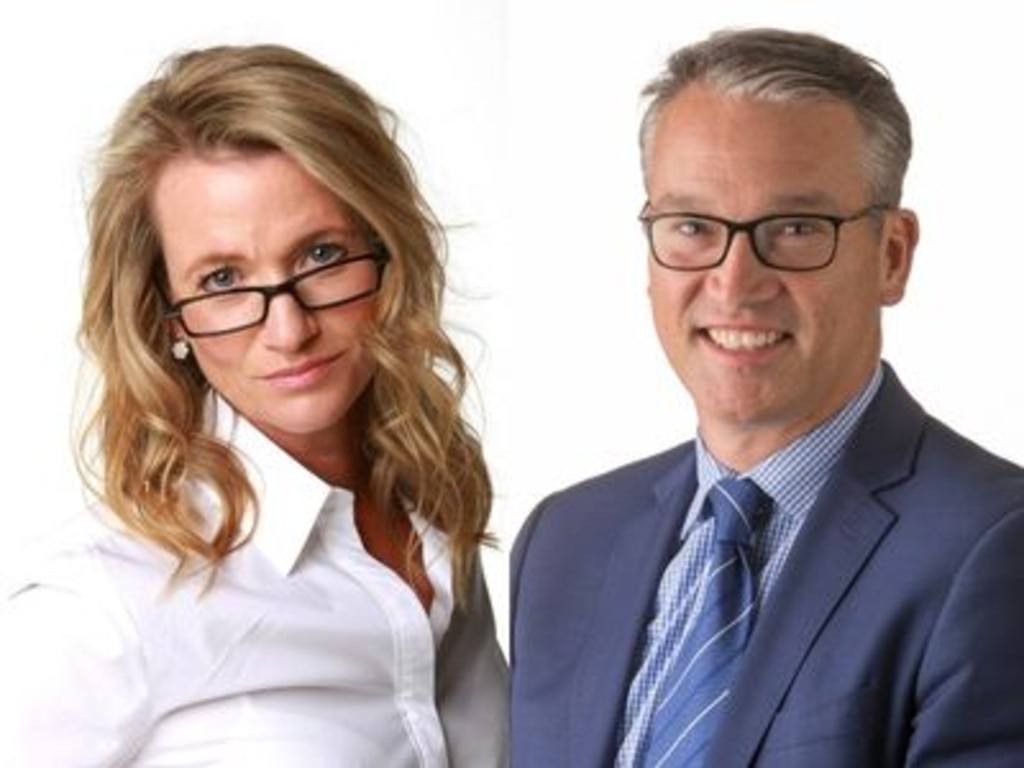
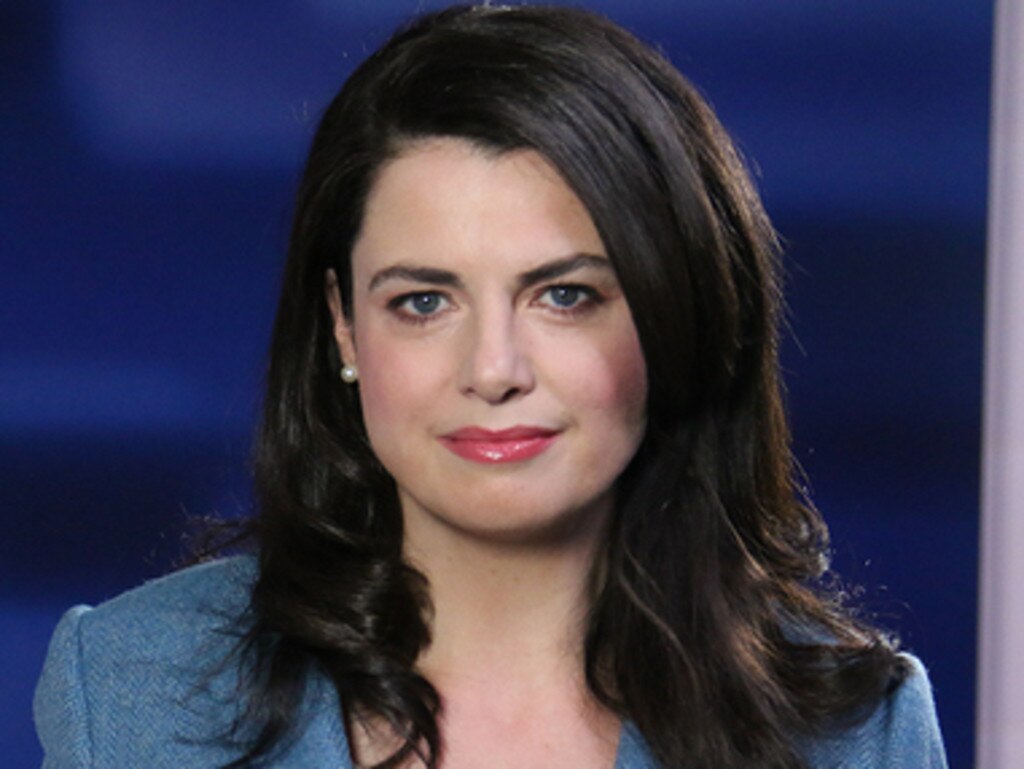
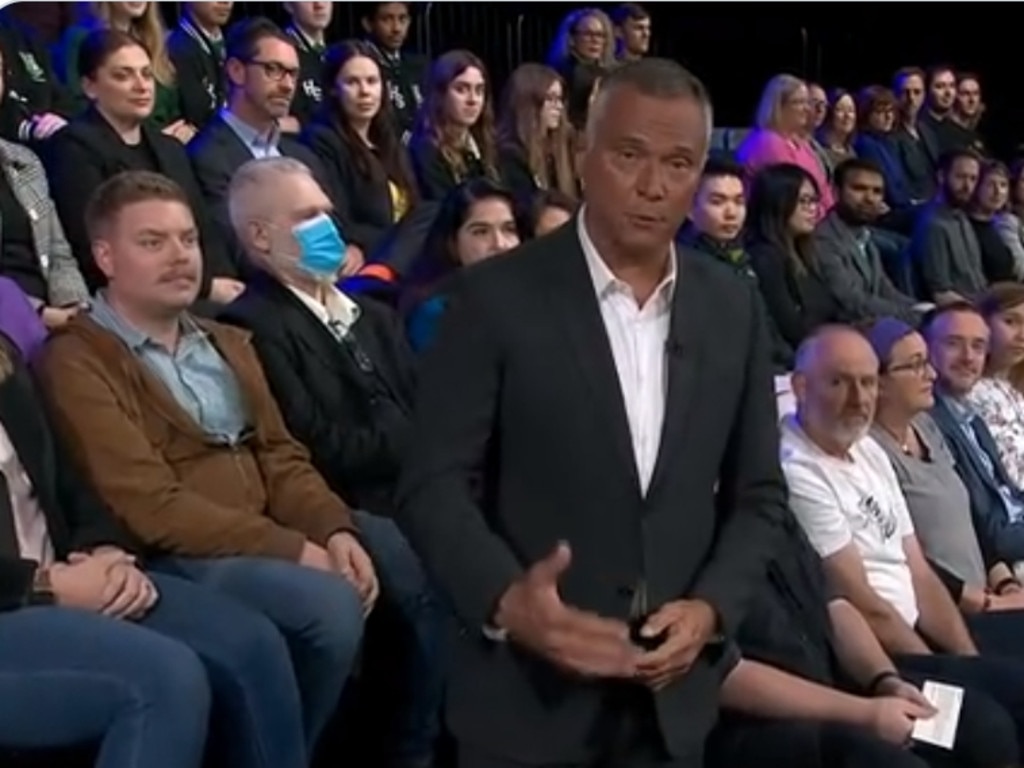


The common feature in the related debates over culture, Stan Grant, an Indigenous voice to parliament, the ABC and its critics these past couple of weeks has been the profligate misuse of emotion, making emotion the central driver of debate, substituting emotion for reason.